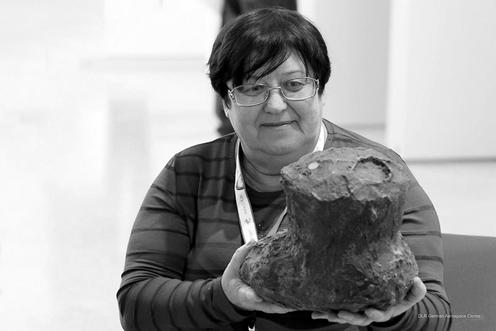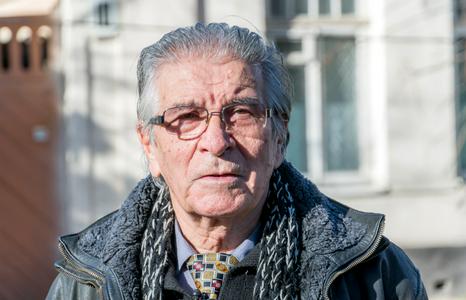Astrophysicist Svetlana Gerasimenko, co-discoverer of the comet 67P/Churyumov–Gerasimenko, died on April 8 at the age of 80, according to the Institute of Astrophysics of the National Academy of Sciences (NAS) of Tajikistan.
“Svetlana Ivanovna Gerasimenko was one of the most prominent figures in the history of Soviet and Tajik astronomy, co-discoverer of the comet 67P/Churyumov–Gerasimenko. For her scientific contributions, she was awarded the Abu Ali ibn Sina State Prize of the Republic of Tajikistan in 2017. Svetlana Ivanovna was a member of numerous international astronomical societies and organizations, earning recognition far beyond her country’s borders,” the statement reads.
Gerasimenko was born on February 23, 1945, in Ukraine’s Kyiv Region. After graduating from the astronomy department at Kyiv State University in 1968, she entered the graduate program at the Astronomical Observatory of the Academy of Sciences of the Ukrainian SSR.
In September 1969, Gerasimenko traveled to Almaty with fellow observatory staff member Klim Churyumov to participate in a research expedition aimed at observing comet 32P/Comas Solà using a 50-centimeter telescope. During the night of September 11–12, the two scientists discovered a new, previously unknown comet. It was officially registered and named after its discoverers: Comet 67P/Churyumov–Gerasimenko.
In 1973, Gerasimenko was offered a research position at the Institute of Astrophysics of the NAS of Tajikistan, where she would spend many years of her career. In 1982, a newly discovered asteroid—(3945) Gerasimenko—was named in her honor by Soviet astronomer Nikolai Chernykh.
In 2003, images of Comet 67P/Churyumov–Gerasimenko were captured by the Hubble Space Telescope, allowing for the creation of a 3D model and an estimate of its size—approximately 3 by 5 kilometers. In March 2004, Gerasimenko and Churyumov attended the launch of the European Space Agency’s Rosetta spacecraft at the Kourou Space Center in French Guiana. The Rosetta mission concluded on September 30, 2016.










